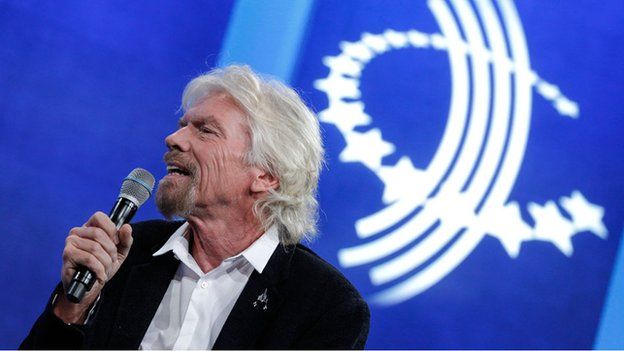Above Photo: iStock
An attempt by UN officials to get countries to decriminalise the possession and use of all drugs has been foiled, the BBC can reveal.
A paper from the UN Office on Drugs and Crime (UNODC) has been withdrawn after pressure from at least one country.
The document, which was leaked, recommends that UN members consider “decriminalising drug and possession for personal consumption”.
It argued “arrest and incarceration are disproportionate measures”.
The document was drawn up by Dr Monica Beg, chief of the HIV/AIDs section of the UNODC in Vienna. It was prepared for an international harm reduction conference currently being held in Kuala Lumpur.
The UNODC oversees international drugs conventions and offers guidance on compliance.
Sources within the UNODC have told the BBC the document was never sanctioned by the organisation as policy. One senior figure within the agency described Dr Beg as “a middle-ranking official” who was offering a professional viewpoint.
The document, on headed agency notepaper, claims it “clarifies the position of UNODC to inform country responses to promote a health and human-rights approach to drug policy”.
“Treating drug use for non-medical purposes and possession for personal consumption as criminal offences has contributed to public health problems and induced negative consequences for safety, security, and human rights,” the document states.
The briefing paper
 Image copyrightUNODC
Image copyrightUNODCThe original briefing paper from UNODC in full.
Drug possession is a criminal offence in many member states, including the UK. Last year almost 36,000 people were prosecuted for drug possession in England and Wales with 1,194 receiving custodial sentences.
The Home Office has consistently argued that decriminalisation gives insufficient regard to the harms that drugs pose. “It neither addresses the risk factors which lead individuals to misuse drugs or alcohol, nor the misery, cost and lost opportunities that dependence causes individuals, their families and the wider community.”
The UNODC has been under pressure for some time to make a clear statement with regard to decriminalisation of drug possession and use. Other UN agencies including the World Health Organisation and UNAIDS have been explicit in their opposition to drug users facing criminal sanctions on health and human rights grounds.
Campaigners have long believed that the UNODC is key to changing government drug policies ahead of a meeting on ‘The World Drug problem’ at the UN General Assembly next April.
The lobby group Transform said today that the unpublished briefing paper was “a devastating critique of the harms caused by criminalisation”.
“The UN agency in charge of the global drug war says criminalising drug use is unnecessary, disproportionate, causes ill health, violence and death, and breaks international obligations towards health and human rights as a result,” Transform’s Danny Kushlick said today.
 Image copyrightGetty Images
Image copyrightGetty ImagesSir Richard Branson who sits on the Global Commission On Drugs Policy haswritten a blog calling for all governments to implement the guidance contained in the unpublished paper.
“It’s exciting that the UNODC has now unequivocally stated that criminalisation is harmful, unnecessary and disproportionate, echoing concerns about the immense human and economic costs of current drug policies voiced earlier by UNAIDS, the World Health Organisation, UNDP, The UN High Commissioner for Human Rights, UN Women, Kofi Annan and UN Secretary-General Ban Ki-moon,” Sir Richard writes.
“I hope this groundbreaking news will empower and embolden governments everywhere, including the UK, to do the right thing and consider a different course in drug policy.”
In addition to calling on member states to consider decriminalising personal possession and use, the UNODC paper also suggests low-level dealing should not be criminal offence.
“Small drug related offenses, such as drug dealing to maintain personal drug use or to survive in a very marginalized environment, could be interpreted as drug related offenses of a ‘minor nature’, as mentioned in the international drug control conventions,” the report says. “These cases should receive rehabilitation opportunities, social support and care, and not punishment.”
The future of the document is unclear. Sources within the UNODC suggest that there would need to be wide consultation and agreement before the paper’s recommendations became formal policy.

